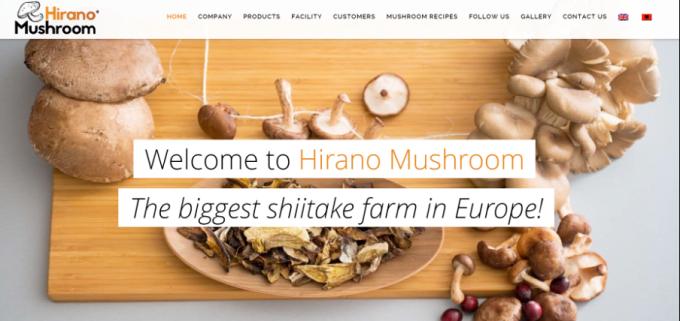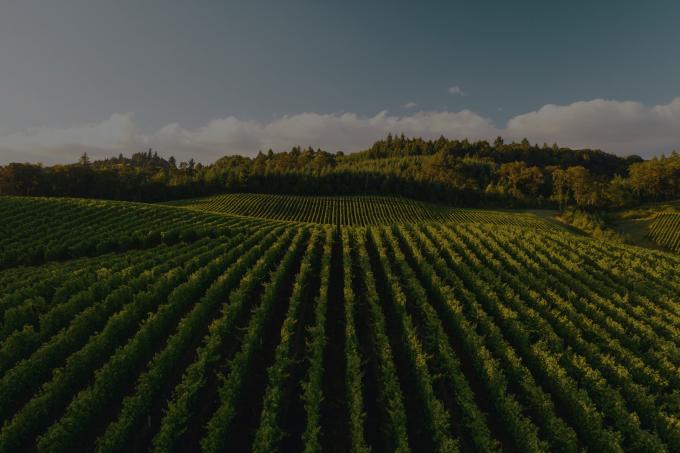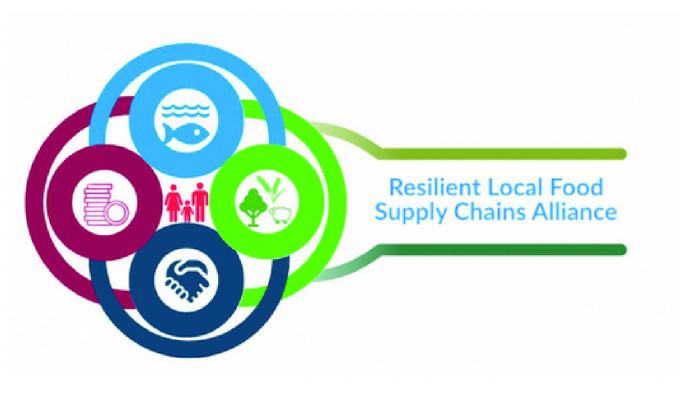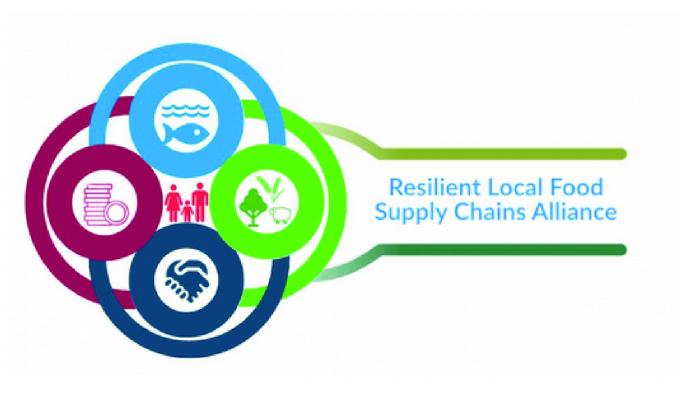GOOD PRACTICE

Hirano Mushroom LLC, the largest shiitake producer in Eastern Europe, integrates advanced Japanese technology to maintain year-round production in Mitrovica, Kosovo. With a capacity of 8 tons per day, it supplies international markets while addressing challenges in energy, labor, and sustainability. Its innovative approach fosters economic growth, employment, and environmental responsibility, positioning Kosovo as a key player in the exotic mushroom industry.
You must be registered to see all the content
The biggest shiitake mushrooms farm in Europe, that produces unique, healthy and tasty food products. It is the European market leader in sustainable production and distribution of exotic mushrooms. Hirano Mushroom LLC, established in 2013, is a prominent shiitake mushroom producer located in Mitrovica, Kosovo. The company integrates international expertise from Japan, France, the Netherlands, Switzerland, and Kosovo to deliver high-quality exotic mushrooms to markets across Europe, Asia, and the United States. Production Capacity and Facilities work on cultivation Infrastructure where the facility boasts 26 cultivations and growing rooms, utilizing advanced Japanese technology to maintain optimal climate and humidity conditions for year-round production. Hirano Mushroom LLC has a production capacity of up to 8 tons per day, positioning it as one of the largest shiitake producers in Europe.
Methods and Stakeholders:
- Advanced Cultivation Technology: Utilization of Japanese climate control systems to maintain optimal growing conditions for year-round production.
- Sustainable Practices: Implementation of eco-friendly production methods, such as recycling substrates and minimizing waste.
- Vertical Integration: Controlling the entire production process, from cultivation to distribution, to ensure quality and efficiency.
- Knowledge Transfer: Collaboration with international experts from Japan, France, the Netherlands, and Switzerland to integrate best practices.
- Precision Agriculture: Use of data-driven monitoring systems to optimize growth cycles and increase yields.
- Export-Oriented Logistics: Establishment of efficient distribution networks to deliver fresh mushrooms to European, Asian, and U.S. markets.
- Research and Development: Continuous investment in innovation to improve production techniques and develop new mushroom-based products.
- Local Workforce Development: Training programs for employees to enhance skills in mushroom cultivation and facility operations.
- Marketing Strategies: Branding the mushrooms as healthy, exotic, and sustainably produced to appeal to niche markets.
Stakeholders Involved:
- Hirano Mushroom LLC: The key producer and manager of operations, technology, and quality assurance.
- International Experts: Specialists from Japan, France, the Netherlands, and Switzerland contributing technical expertise.
- Local Communities: Workers and suppliers supporting the production process and benefiting from job creation.
- Government Authorities: Providing regulatory oversight, incentives, and support for export processes.
- Distributors and Retailers: Facilitating the delivery of mushrooms to international markets and end consumers.
- Consumers: Individuals and businesses (e.g., restaurants, health food stores) demanding high-quality exotic mushrooms.
- Environmental Organizations: Ensuring the company adheres to sustainability practices and minimizes its environmental impact.
- Financial Institutions and Investors: Funding operations, infrastructure development, and expansion plans.
- Research Institutions: Collaborating on innovative cultivation techniques and sustainable practices.
- Trade Partners: Collaborating with international logistics providers for efficient export operations.
This sector in Kosovo faces challenges related to:
- High Initial Investment: Significant financial resources are required for advanced cultivation infrastructure, Japanese technology, and maintenance.
- Energy Dependence: High energy consumption for maintaining optimal climate and humidity conditions, increasing costs and vulnerability to energy price fluctuations or shortages.
- Supply Chain Challenges: Dependence on reliable supply chains for raw materials (e.g., substrates) and distribution to international markets.
- Labor Shortages: Difficulty in recruiting and retaining skilled workers familiar with mushroom cultivation and advanced technology operations.
- Market Competition: Strong competition from other exotic mushroom producers, both within Europe and globally.
- Environmental Concerns: Managing waste from production processes and ensuring sustainability practices meet strict environmental standards.
- Quality Assurance: Maintaining consistent quality across large-scale production to meet the high expectations of international markets.
- Regulatory Compliance: Navigating different health, safety, and export regulations across Europe, Asia, and the United States.
- Climate Risks: Vulnerability to disruptions from extreme weather events or climate change impacts on supply chains and production conditions.
- Dependence on Technology: Reliance on sophisticated Japanese technology makes the business sensitive to technical malfunctions or maintenance issues.
Impact of the Hirano Mushrooms Plant:
- Economic Benefits: Generates income for local families through direct employment and ancillary activities, such as compost production and logistics.
- Social Inclusion: Provides job opportunities for women and marginalized groups, fostering inclusivity and community development.
- Sustainable Agriculture: Promotes the use of environmentally friendly practices, such as recycling agricultural waste and minimizing resource consumption.
- Food Security: Contributes to local food supply by producing a high-nutrient, low-cost food source that supports dietary needs.
- Environmental Impact: Reduces the carbon footprint by using organic waste for cultivation and decreasing the reliance on imported mushrooms.
- Inspiration for Agribusiness Development: Acts as a role model for modern agribusiness in Kosovo, encouraging innovation and investment in sustainable agricultural ventures.
Technical Feasibility:
- Proven Cultivation Techniques: The mushroom cultivation process is based on well-established and tested methods, ensuring consistent production and high-quality yields. Techniques such as temperature and humidity control, substrate preparation, and pest management are easily implementable.
- Availability of Raw Materials: The plant uses locally available agricultural by-products, such as straw, sawdust, and animal manure, as substrates, reducing costs and ensuring a steady supply of inputs.
- Scalable Infrastructure: The facilities, including cultivation chambers, incubation rooms, and processing areas, can be scaled up or down depending on production needs, making the model flexible and adaptable.
- Energy Efficiency: The plant employs energy-efficient systems for maintaining optimal growing conditions, such as LED lighting, ventilation systems, and thermal insulation, reducing operational costs.
- Access to Knowledge and Expertise: The plant benefits from technical support and expertise in mushroom farming, including access to manuals, training programs, and ongoing research in advanced cultivation techniques.
- Market-Ready Output: The plant produces mushrooms that meet market standards, ensuring readiness for domestic sales and export opportunities.
- Low Environmental Footprint: Mushroom farming requires minimal water and land compared to other forms of agriculture, making it environmentally sustainable and technically feasible in areas with limited resources.
- Potential for Automation: Opportunities exist for further technical upgrades, such as automated irrigation and harvesting systems, to improve efficiency and reduce labor intensity.
- Adaptability to Local Conditions: The cultivation processes can be adjusted to suit local climatic conditions, ensuring year-round production without significant technical challenges.













